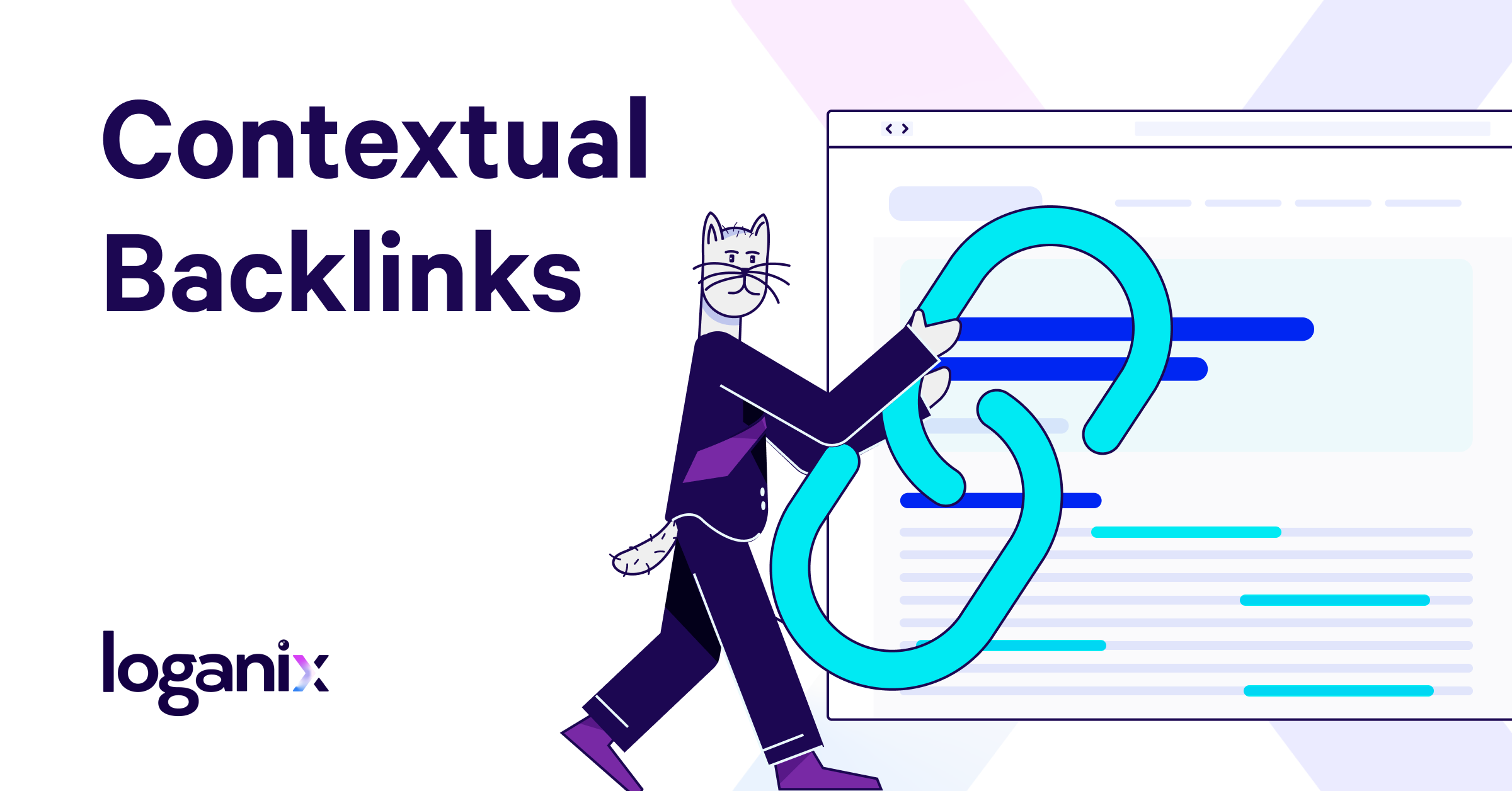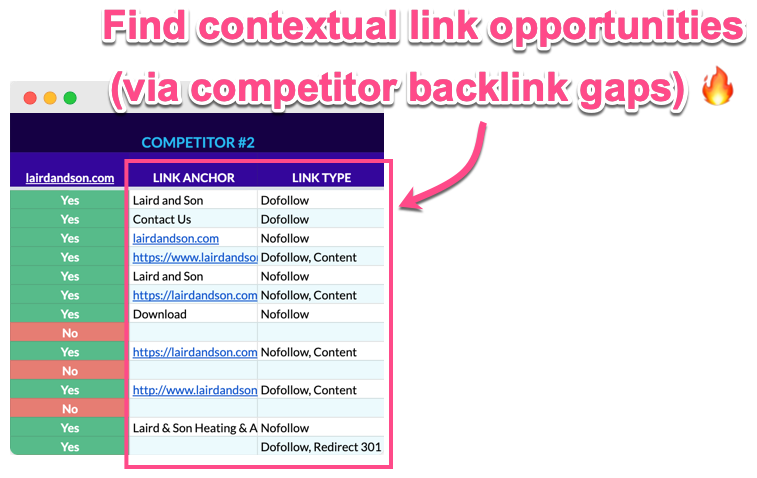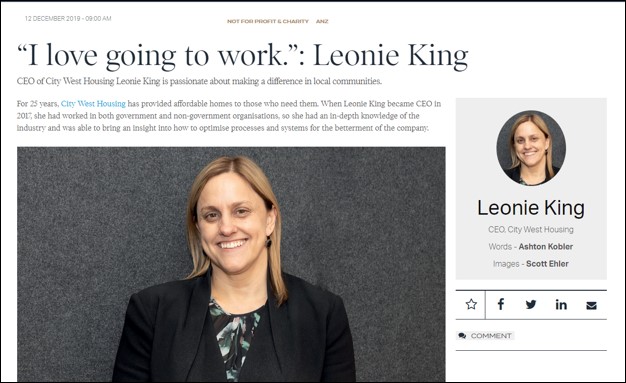What Are Contextual Backlinks? (& How to Build Them)

Hand off the toughest tasks in SEO, PPC, and content without compromising quality
Explore ServicesFor a long time, backlinks made the SEO world go around.
However, why links are so important has changed a lot over time. In the past, all you needed was links and lots of them — context didn’t matter at all. Today, search engines like Google are placing much more importance on contextual links.
Now, not every backlink is treated equally. Most SEO agencies or experts highly recommend that you build high-quality links relevant to your business. Such backlinks have a much more significant impact on your SEO.
But what exactly are contextual backlinks? How can you adjust your link building strategy to focus on them? We wrote this guide to help get you started.
Let’s get started.
What Are Contextual Backlinks?
Contextual backlinks are links that are embedded within content, such as a blog or article, rather than something like a business directory.
Here’s what that looks like on a web page + in Ahrefs (one of our favourite link building tools):

The idea is that the link to your website is surrounded by contextual text, relevant content and information that explains where the link is pointing.
This is important for two reasons, which are inherently linked with each other:
Reason #1 – Better UX
First, you provide a good user experience when you give some indication of what someone can expect to see when they click a link on a webpage.
Website owners, webmasters and bloggers should use contextual inbound links to help the flow of link juice and to make sure users know what sites they are being directed to.
Reason #2 – Better relevance
Second, the search engines have realized that including the context of a link in their algorithms helps weed out low-importance, low-relevance, and misleading links.
This is because search engines inherently keep user experience in mind, as they want to show people the best and most relevant links in their results.
Looking for a contextual link building service?
Loganix strive to build the best, contextual links. Compiled by experienced SEOs, a backlink gap analysis can help you find contextual backlink opportunities:

Why is Contextual Link Building Important?
The reason why contextual links are so important is that search engine algorithms give much greater weight to them compared to non-contextual links. The idea is that if you get a contextual link within a content piece, it is because it is relevant and adds value to the article.
This understanding allows search engines to place greater trust in the idea that the link was genuinely earned—not added to manipulate search rankings.
Here are some of the biggest benefits that contextual link building can bring your site:
- More traffic — people are more likely to click on a link within useful content
- More visibility — more people will see your brand, name, and website
- More links — others that see you linked in a piece are more likely to link to you as well
- More authority — search engines will give greater page or domain authority to you
- More credibility — people will gain an increased trust in your expertise
It all comes back to the two central pillars of SEO in the digital marketing landscape today: quality and relevance.
Specifically, you want to pay attention to backlink quality and link relevance.
Hint: Contextual backlinks are almost always better quality and more relevant than other types of links, so you should want to get them.
How to Get Contextual Backlinks?
So, contextual links are very high quality and can have a major impact. That’s all well and good, but building them takes a particular link building strategy and a lot of hard work.
Find contextual links (quickly):
Compiled by experienced SEOs, a backlink gap analysis can help you find contextual backlink opportunities FASTER:

Contextual backlinks are an important part of an SEO strategy. These types of links demonstrate that a website has been mentioned on other, reputable websites and contribute to raising the credibility factor in the eyes of Google or Bing.
Here are the five best ways to earn more contextual backlinks:
1. Guest Posts
Guest blogging has been around for a long time, but their use in link building strategies has changed. Now, with the focus on relevant links, they’ve become a key part of any contextual link building campaign.
Writing a post for another website that has a tie to your niche helps you add a contextual link. You can write a piece that allows the site and its readers with a link back to your site within the content. There’s your contextual backlink right there.
The great part about guest posting is it’s one of the more natural ways of getting a link in a larger volume over time. It also gives you more control of what page is linked to, and what the anchor text is.
Here’s an example of a guest post with a contextual link:
https://www.adazing.com/make-money-beyond-books/

The author of this guest post added a link to a virtual assistant training article that they wrote on their own website. In the context of the guest post, it is relevant to the topic and provides more information to supplement the piece. Note: linking your site in the “about the author” section or bio does not count.
2. Niche-Focused Authority Links
One of the best ways to get a good contextual link is to focus on getting links from high-authority websites that focus on your niche. If your business is in the automotive industry, you can focus on getting links in articles from the likes of Auto Trader or top sources such as Car and Driver.
These are the most difficult sorts of links to earn, but they are also the most valuable. It takes writing top-quality content that can get shared by such authoritative outlets, as well as a lot of relationship building.
In the end, these are the contextual backlinks that are most worth paying for. Instead of spending a lot of time and money on your own trying to do it all yourself, you can use an agency. These agencies have established relationships with such authority sites in a variety of niches, so getting a link for them is easier.
3. Editorial Links
Editorial links come from high authority websites that do not focus on any particular niche in general. News outlets like Forbes, Huffington Post, CNN, and so on stand at the top for authority. They will have editorial articles that will touch or focus on a variety of niches and industries.
These can be similar to niche-focused authority links, but with more of an editorial focus. Having a link in a news-based editorial article makes it easier to have a contextual link. They are also almost equally difficult to get, and takes a lot of effort to earn.
You can use some services like HARO (Help A Reporter Out) to find journalists who are looking for expert quotes and opinions on a topic. You just need to be quick on jumping on opportunities that fit your niche so your expertise is more trusted.
4. Broken Backlinks
Find good quality and natural links by finding broken links on websites that have good authority. It is especially useful to find a contextual link that is in your niche. That way, you can more easily have it replaced with an equivalent article or page of your own.
Here’s how the process generally works. First, search for broken links on high-quality websites. You can start by checking your competitors’ backlinks, see if they earned links that are now broken.
Next, contact the site that has the broken link to notify them of the issue. It is a good favor to a website, as having a broken link is a poor user experience. You can ask them to replace it with your page or piece of content that covers the same information. If you don’t have a good replacement at the time, create one and then make the pitch.
One good example is the company Velo IT Group, who earned a contextual and editorial link from the website business.com. The editorial article was about having alcohol in the workplace, which the CEO of the company offered a quote about. It’s not in their niche, but coming from a high authority news website was a great success.

5. Interviews
One easy way to get a contextual link is to earn an interview from a website. In this case, you can find a niche or high authority outlet (preferably both) that likes to interview people or businesses. If you can find a way to get one, you can add all kinds of context about your business and its people. It not only has context for a good link but also helps with your branding.
One good example is City West Housing, an affordable home company that was linked in an interview with their CEO. The company and the CEO got a great profile, and the outlet that did the interview was CEO Magazine.

There are lots of opportunities to get an interview of this nature so that you can get that contextual link. One is the small local newspaper’s online presence that posts interviews with thriving local businesses. Another is a general but authoritative outlet like CEO Magazine. You can also find niche-specific websites that interview experts in the field for their specialized articles.
Summary
Contextual link building is the direction that search engines are heading. In terms of how they will assess the value of a link in their algorithms in the future, context and relevance will only grow in importance.
That’s why you must start earning more contextual links now, so you stay ahead of the curve rather than falling behind. You can build these links yourself through lots of hard, manual work in-house, outsource your operations or you can buy backlinks from an agency.
There are also many different ways you can earn a contextual link with good link metrics. That way, you can create a diverse strategy for building contextual backlinks to create the best possible results in your campaign.
Hand off the toughest tasks in SEO, PPC, and content without compromising quality
Explore ServicesWritten by Adam Steele on February 13, 2020
COO and Product Director at Loganix. Recovering SEO, now focused on the understanding how Loganix can make the work-lives of SEO and agency folks more enjoyable, and profitable. Writing from beautiful Vancouver, British Columbia.





